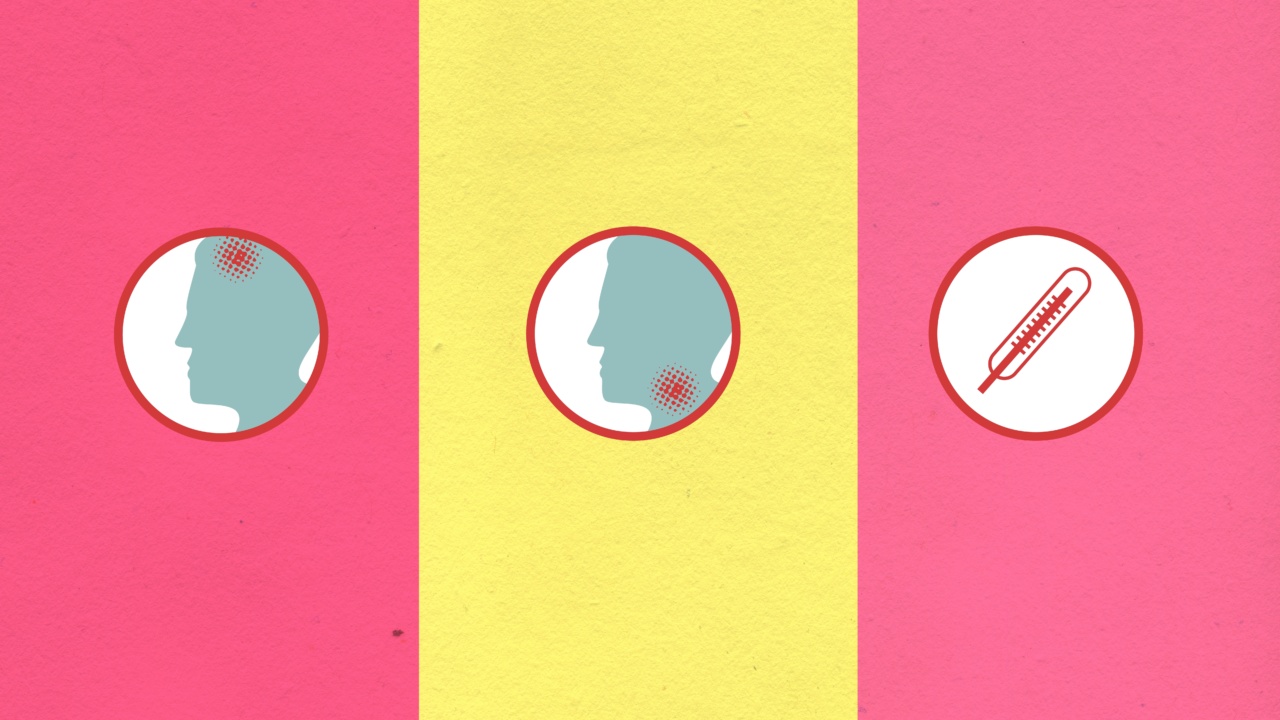A sore throat is a common ailment that most people experience at some point in their lives. It can be caused by a variety of factors, ranging from simple irritation to more serious underlying conditions.
While many cases of sore throat resolve on their own or with simple remedies, there are certain triggers and symptoms that may indicate the need for medical attention. In this article, we will explore when a sore throat requires medical attention, the triggers that can worsen the condition, and the symptoms to watch out for.
Understanding the Triggers
Before we delve into the symptoms that may necessitate medical attention, it’s important to understand the triggers that can exacerbate a sore throat.
By recognizing and avoiding these triggers, you can help prevent your symptoms from worsening and potentially avoid the need for medical intervention.
1. Allergens
Allergens, such as pollen, dust mites, and pet dander, can irritate the throat and lead to a sore throat.
If you experience a sore throat that is accompanied by sneezing, watery eyes, or other signs of allergies, it’s a good idea to consult a healthcare professional.
2. Dry Air
Dry air can cause throat irritation and contribute to the development of a sore throat. This is especially common during the winter months when indoor heating systems can dry out the air.
If you notice that your sore throat is worse in dry environments or during certain seasons, it may be worth seeking medical advice.
3. Smoking and Secondhand Smoke
Smoking and exposure to secondhand smoke can irritate the throat and lead to chronic soreness.
If you smoke or are regularly exposed to smoke and experience persistent or worsening sore throat symptoms, it is important to consult with a healthcare professional to rule out any serious underlying issues.
4. Acid Reflux
Acid reflux, also known as gastroesophageal reflux disease (GERD), occurs when stomach acid flows back into the esophagus, causing irritation and potentially leading to a sore throat.
If you frequently experience acid reflux and associated sore throat symptoms, it is advisable to seek medical attention to manage the condition.
Recognizing the Symptoms
While occasional sore throats are typically not a cause for concern, certain symptoms may indicate the need for medical attention.
It’s important to pay attention to these warning signs and consult a healthcare professional if you experience them:.
1. Severe Pain
If your sore throat is accompanied by severe pain that makes it difficult to swallow, speak, or breathe, it is crucial to seek immediate medical attention.
This could be a sign of a serious infection or other underlying condition that requires prompt treatment.
2. Persistent Sore Throat
If your sore throat persists for more than a week or continues to worsen despite self-care measures, it’s time to consult a healthcare professional.
A persistent sore throat may indicate an underlying infection or condition that needs medical intervention.
3. Swollen Tonsils
Enlarged or swollen tonsils, accompanied by a sore throat, can be a sign of tonsillitis or another infection.
If you notice that your tonsils are red, swollen, or covered in white patches, it’s important to seek medical attention for an accurate diagnosis and appropriate treatment.
4. Difficulty Swallowing
If swallowing becomes increasingly difficult, or if you experience pain or a sensation of something being stuck in your throat, it may indicate an issue that requires medical attention.
Difficulty swallowing can be caused by various conditions, including infections or structural abnormalities.
5. High Fever
A sore throat accompanied by a high fever (usually above 101 degrees Fahrenheit or 38.3 degrees Celsius) can be a sign of a bacterial infection such as strep throat.
In such cases, it is recommended to consult a healthcare professional for proper diagnosis and treatment with antibiotics if necessary.
6. Hoarseness or Voice Changes
If your sore throat is accompanied by hoarseness, a change in your voice, or if you lose your voice altogether, it may indicate a more serious issue.
These symptoms could be related to vocal cord inflammation or other underlying conditions that require medical attention.
7. Persistent Coughing
A persistent cough that accompanies your sore throat, especially if it lasts longer than two weeks and is not improving, should be evaluated by a healthcare professional.
It could be a sign of an underlying respiratory infection or other respiratory condition.
When to Consult a Healthcare Professional
If you experience any of the aforementioned symptoms or have concerns about your sore throat, it is advisable to consult a healthcare professional.
They will be able to evaluate your symptoms, perform any necessary tests, and provide an accurate diagnosis. Depending on the underlying cause, they may recommend appropriate treatment options, which can range from over-the-counter remedies to prescription medications or other interventions.
Remember, self-diagnosis and self-medication should be avoided, especially if your symptoms worsen or persist. Consulting a healthcare professional is always the best course of action to ensure your health and well-being.


























